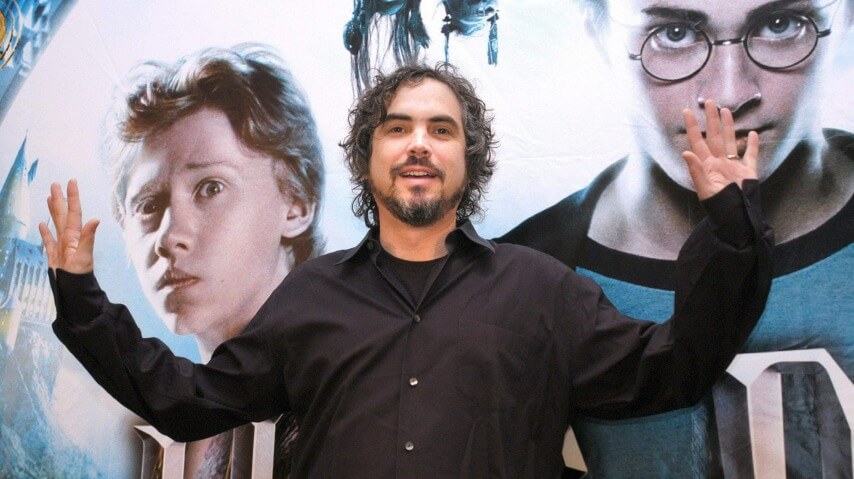Alfonso Cuarón took on Prisoner Of Azkaban because Guillermo del Toro told him to get over himself
"I was confused because it was completely not on my radar," the Gravity director initially said of the franchise

Alfonso Cuarón promoting Harry Potter And The Prisoner Of Azkaban in 2004 Photo: Mario Guzman
Alfonso Cuarón’s Harry Potter And The Prisoner Of Azkaban is widely considered to be the pinnacle of the cinematic Wizarding World, but every few years it ignites a Time Turner-esque cycle of its own. New Potterheads (if there are any of those left) continue to discover Y Tu Mamá También and Children Of Men and ask why the hell this director of all people decided to do a children’s film about werewolves and badly flavored jelly beans. Now, we finally have our answer—and it frankly sounds like the exact type of goading that would motivate the film’s magical protagonist into doing something stupid himself.

 Keep scrolling for more great stories from A.V. Club.
Keep scrolling for more great stories from A.V. Club.